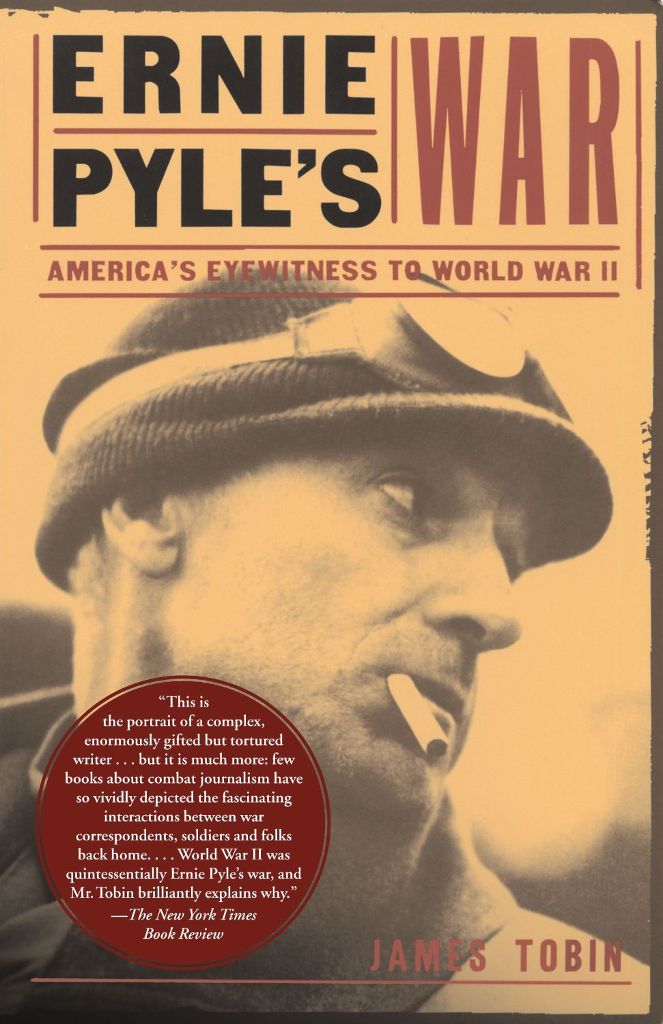- Posts: 3755
- Thank you received: 3612
War literature
- Nikita
-
 Topic Author
Topic Author
- Offline
- "Never interrupt an enemy who's making a mistake." Napoléon Bonaparte
Less
More
11 years 11 months ago - 11 years 11 months ago #37
by Nikita
I was medic in the trenches
August 1914. Louis Maufrais is a student in medicine when WW1 begins. The young man reaches the front line, discover the trenches. He will remain there four years. In Argonne and in Champagne in 1915, Verdun and the Somme in 1916 and finally a mobile ambulance in 1918. Four years, being next to the death, the feet in the mud and the hands in the blood, night and day. When he has a break, he takes notes and pictures, to tell the suffering, the friendship, the absurdity...
A real testimony, from the inside...
J'étais médecin dans les tranchées (I was medic in the trenches)
Louis Maufrais
Ed. Robert Laffont - 2008
ISBN : 222110918X
Replied by Nikita on topic War literature
I was medic in the trenches
August 1914. Louis Maufrais is a student in medicine when WW1 begins. The young man reaches the front line, discover the trenches. He will remain there four years. In Argonne and in Champagne in 1915, Verdun and the Somme in 1916 and finally a mobile ambulance in 1918. Four years, being next to the death, the feet in the mud and the hands in the blood, night and day. When he has a break, he takes notes and pictures, to tell the suffering, the friendship, the absurdity...
A real testimony, from the inside...
J'étais médecin dans les tranchées (I was medic in the trenches)
Louis Maufrais
Ed. Robert Laffont - 2008
ISBN : 222110918X
Last edit: 11 years 11 months ago by Nikita.
The following user(s) said Thank You: Morty, snowman, Juanma66
Please Log in or Create an account to join the conversation.
- Nikita
-
 Topic Author
Topic Author
- Offline
- "Never interrupt an enemy who's making a mistake." Napoléon Bonaparte
Less
More
- Posts: 3755
- Thank you received: 3612
11 years 11 months ago - 11 years 11 months ago #38
by Nikita
Replied by Nikita on topic War literature
Another book that talks about the "inside reality"... Here's the translation of the back cover of the French edition:
An unexpected testimony about one of the most badly known episodes of WW2: labor - and extermination - camps, established by the Japanese in the Asian jungle, when the Land of the Rising Sun prepared the invasion of English India (1942-1945).
A novel and a movie (The bridge on the river Kwai) had formerly given one heroic mink. The present work reveals the simple real-life reality, a reality more incredible than all that the fiction will never dare to invent - but, especially, formidably human.
An autobiographical narrative published in 2003 in the United States, and which amazed the readers on both sides of the Atlantic Ocean.
Long way back to the River Kwai
Loet Velmans
Ed. Arcade Publishing
ISBN : 1559707410
An unexpected testimony about one of the most badly known episodes of WW2: labor - and extermination - camps, established by the Japanese in the Asian jungle, when the Land of the Rising Sun prepared the invasion of English India (1942-1945).
A novel and a movie (The bridge on the river Kwai) had formerly given one heroic mink. The present work reveals the simple real-life reality, a reality more incredible than all that the fiction will never dare to invent - but, especially, formidably human.
An autobiographical narrative published in 2003 in the United States, and which amazed the readers on both sides of the Atlantic Ocean.
Long way back to the River Kwai
Loet Velmans
Ed. Arcade Publishing
ISBN : 1559707410
Last edit: 11 years 11 months ago by Nikita.
The following user(s) said Thank You: snowman
Please Log in or Create an account to join the conversation.
- Nikita
-
 Topic Author
Topic Author
- Offline
- "Never interrupt an enemy who's making a mistake." Napoléon Bonaparte
Less
More
- Posts: 3755
- Thank you received: 3612
11 years 11 months ago - 11 years 11 months ago #39
by Nikita
Replied by Nikita on topic War literature
Through a sensitive and alive narrative, which leaves a big place with the best witnesses (Genevoix, Ravel, de Gaulle), and hundred new photos, made by French army, this work proposes a new look on World War I.
La grande guerre vue du ciel
Michel Bernard
Ed. Perrin - French Ministry of Defense
ISBN : 2262040710
La grande guerre vue du ciel
Michel Bernard
Ed. Perrin - French Ministry of Defense
ISBN : 2262040710
Last edit: 11 years 11 months ago by Nikita.
Please Log in or Create an account to join the conversation.
- Nikita
-
 Topic Author
Topic Author
- Offline
- "Never interrupt an enemy who's making a mistake." Napoléon Bonaparte
Less
More
- Posts: 3755
- Thank you received: 3612
11 years 8 months ago - 11 years 8 months ago #40
by Nikita
Replied by Nikita on topic War literature
Not really literature, but...
At more than 7000 meters height, Demarkacia is the last rampart between Velikiistok and the territory of Ieretiks. In the Bunker 37, the soldier Aleksi Stassik scrutinizes the enemy hillside and waits for the offensive. Over him, in the mountain, a far more formidable enemy roams...
Volume 1 : The forbidden borders
Volume 2 : Point zero
Volume 3 : Recollections
Volume 4 : Slaughters
Volume 5 : The mountain sickness
At more than 7000 meters height, Demarkacia is the last rampart between Velikiistok and the territory of Ieretiks. In the Bunker 37, the soldier Aleksi Stassik scrutinizes the enemy hillside and waits for the offensive. Over him, in the mountain, a far more formidable enemy roams...
Volume 1 : The forbidden borders
Volume 2 : Point zero
Volume 3 : Recollections
Volume 4 : Slaughters
Volume 5 : The mountain sickness
Last edit: 11 years 8 months ago by Nikita.
Please Log in or Create an account to join the conversation.
- jacobston
-

- Offline
- I'm a wreck.
11 years 8 months ago - 11 years 8 months ago #41
by jacobston
Replied by jacobston on topic War literature
not sure if this counts, but it's probably one of my favorite books (with the exception of the Hitchhikers Guide to the Galaxy, of course  )
)
Shanghai, 1941 - A city aflame from the fateful torch of Pearl Harbor. In streets of chaos and corpses, a young British boy searches in vain for his parents. Imprisoned in a Japanese concentration camp, he is witness to the fierce flash of Nagasaki, as the bomb bellows the end of the war... and the dawn of a blighted world.
Last edit: 11 years 8 months ago by jacobston.
Please Log in or Create an account to join the conversation.
- Nikita
-
 Topic Author
Topic Author
- Offline
- "Never interrupt an enemy who's making a mistake." Napoléon Bonaparte
Less
More
- Posts: 3755
- Thank you received: 3612
11 years 2 months ago - 11 years 2 months ago #42
by Nikita
Replied by Nikita on topic War literature
Well guys, i was far from the internet since about two months and i had time to read some. So, here's a special one. I'm really glad to talk a bit about it because it's a long time that i was looking for it. It's a book about the life of Ernie Pyle. I personally knew this man since i read the work of and about Robert Capa, because both men shared the same things on the front during WW2 and they were naturally friends. Also, i had the chance that the public library here got in its archives an important collection of genuine Time Life magazines but at these times my English was not sufficient to read it plainly. (Is it different now...? )
So, for those who are interested by this topic, this is a biography of a war correspondent. Not a book about war, thus, but a book about a man whom job was to see it and to talk about it, the best he was able to.
Ernest Taylor "Ernie" Pyle (August 3, 1900 – April 18, 1945) was a journalist working for Time and Life magazine during WW2. Particularly involved and talentuous, he quickly becomes a major figure of the allied war press. Pyle's articles were read by millions of American people, civilians in homeland and soldiers on the front.
Pyle was not a photographer as Capa, he was a man of words and he was a pretty good one. Pyle, beyond his look of discrete and fragile little man, was always commited with "the boys", the men of the front line, sharing their conditions and their sufferings, and writing it in his daily articles in Life magazine, calling a spade a spade and telling the simple truth. He earned the respect of the GI's for that and was also well considered by lot of US officers. But beyond the compassion and the gentle humour that he used also in his articles, Pyle was not a man of political compromises and he didn't hesitate to hit where it hurts. By example, just consider what he dared to write in 1942 - and what Life head of staff dared to publish, also - , in one of his very first articles about the Africa campaign, after the Allies took control of North Africa. Speaking about the refusing by the US political authorities to finish with the rests of the Vichy regime in the French colonies of North Africa, after so many men have died for freeing it, Pyle wrote :
"We have left in office most of the small-fry officials put there by the Germans before we came. We are permitting fascist societies to continue to exist." 1
Being himself particularly humble and simple man, Ernie Pyle was the real "star" of war correspondents among the American troops. Robert Capa, in his book of WW2 memories Slightly out of focus, says that when the 9th US Infantry division took Cherbourg in July 1944, he was himself with Ernie Pyle and Charles Wertenbacker, who was their boss and the head of the European bureau of Time and Life magazine. The three men were following a US squad of the 47th Infantry regiment led by a lieutenant. The mission was to take control of a street leading to the harbour and to meet the other forces of the 9th US there. Capa says that when they finally reached the harbour fortress, they discovered a building of the military hospital with a large cellar full of bottles of French wines and fine liquors. Of course, the cellar had already started to be joyfully plundered by the men of the 9th US but there still remained lot of bottles, so Capa asked a GI for a couple of bottles, explaining that it was for the pool of war correspondents, and the GI answered : "Only if you're Ernie Pyle, dude." So Capa waited a bit and gambled his stake with another GI who came out of the cellar with the arms full of bottles, saying that it was for Ernie Pyle, and so this second GI gave him a couple of bottles of French Bénédictine without any problem. Capa says that neither Ernie Pyle nor Charles Wertenbacker, sharing the Bénédictine with him at night, didn't rumble at all about that.2
About Ernie Pyle, Alex Kershaw adds that "despite being very different on lot of aspects, Pyle and Capa have created the modern norms of reporting, norms still working on present days." 3
Having covered lot of WW2 campains since the USA joined on December 1941, in North Africa, Sicily, Italy and France, Ernie Pyle will be killed on April 1945, at the battle of Okinawa, by a Japanese machine-gun bullet in the head, at his place of work, on the first line. By his commitment, by his will to always tell the real truth of the soldier at war, even despite the official speech, by his words in which lot of authentic WW2 warriors recognized themselves and their own story, he still remains one of the greatest legend of the war journalism.
This is his life.
"After Pyle, no war correspondent could pretend to have gotten the real story
without having moved extensively among the front-line soldiers who actually fought."
1 :
Alex Kershaw
Blood and champagne - The life and times of Robert Capa
Page 153 of the French edition.
2 :
Robert Capa
Slightly out of focus
Page 182 of the French edition.
3 :
Alex Kershaw
op cit.
Page 230 of the French edition
So, for those who are interested by this topic, this is a biography of a war correspondent. Not a book about war, thus, but a book about a man whom job was to see it and to talk about it, the best he was able to.
Ernest Taylor "Ernie" Pyle (August 3, 1900 – April 18, 1945) was a journalist working for Time and Life magazine during WW2. Particularly involved and talentuous, he quickly becomes a major figure of the allied war press. Pyle's articles were read by millions of American people, civilians in homeland and soldiers on the front.
Pyle was not a photographer as Capa, he was a man of words and he was a pretty good one. Pyle, beyond his look of discrete and fragile little man, was always commited with "the boys", the men of the front line, sharing their conditions and their sufferings, and writing it in his daily articles in Life magazine, calling a spade a spade and telling the simple truth. He earned the respect of the GI's for that and was also well considered by lot of US officers. But beyond the compassion and the gentle humour that he used also in his articles, Pyle was not a man of political compromises and he didn't hesitate to hit where it hurts. By example, just consider what he dared to write in 1942 - and what Life head of staff dared to publish, also - , in one of his very first articles about the Africa campaign, after the Allies took control of North Africa. Speaking about the refusing by the US political authorities to finish with the rests of the Vichy regime in the French colonies of North Africa, after so many men have died for freeing it, Pyle wrote :
"We have left in office most of the small-fry officials put there by the Germans before we came. We are permitting fascist societies to continue to exist." 1
Being himself particularly humble and simple man, Ernie Pyle was the real "star" of war correspondents among the American troops. Robert Capa, in his book of WW2 memories Slightly out of focus, says that when the 9th US Infantry division took Cherbourg in July 1944, he was himself with Ernie Pyle and Charles Wertenbacker, who was their boss and the head of the European bureau of Time and Life magazine. The three men were following a US squad of the 47th Infantry regiment led by a lieutenant. The mission was to take control of a street leading to the harbour and to meet the other forces of the 9th US there. Capa says that when they finally reached the harbour fortress, they discovered a building of the military hospital with a large cellar full of bottles of French wines and fine liquors. Of course, the cellar had already started to be joyfully plundered by the men of the 9th US but there still remained lot of bottles, so Capa asked a GI for a couple of bottles, explaining that it was for the pool of war correspondents, and the GI answered : "Only if you're Ernie Pyle, dude." So Capa waited a bit and gambled his stake with another GI who came out of the cellar with the arms full of bottles, saying that it was for Ernie Pyle, and so this second GI gave him a couple of bottles of French Bénédictine without any problem. Capa says that neither Ernie Pyle nor Charles Wertenbacker, sharing the Bénédictine with him at night, didn't rumble at all about that.2
About Ernie Pyle, Alex Kershaw adds that "despite being very different on lot of aspects, Pyle and Capa have created the modern norms of reporting, norms still working on present days." 3
Having covered lot of WW2 campains since the USA joined on December 1941, in North Africa, Sicily, Italy and France, Ernie Pyle will be killed on April 1945, at the battle of Okinawa, by a Japanese machine-gun bullet in the head, at his place of work, on the first line. By his commitment, by his will to always tell the real truth of the soldier at war, even despite the official speech, by his words in which lot of authentic WW2 warriors recognized themselves and their own story, he still remains one of the greatest legend of the war journalism.
This is his life.
"After Pyle, no war correspondent could pretend to have gotten the real story
without having moved extensively among the front-line soldiers who actually fought."
James Tobin
1 :
Alex Kershaw
Blood and champagne - The life and times of Robert Capa
Page 153 of the French edition.
2 :
Robert Capa
Slightly out of focus
Page 182 of the French edition.
3 :
Alex Kershaw
op cit.
Page 230 of the French edition
Last edit: 11 years 2 months ago by Nikita.
Please Log in or Create an account to join the conversation.
Birthdays
- JonnySniper in 2 days
- Tomoyo00 in 3 days


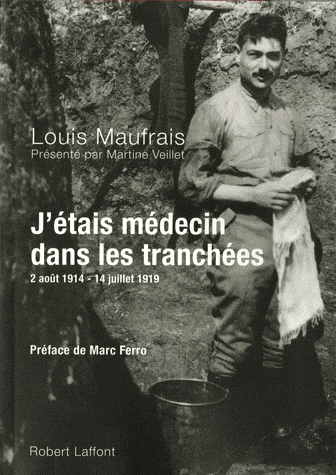

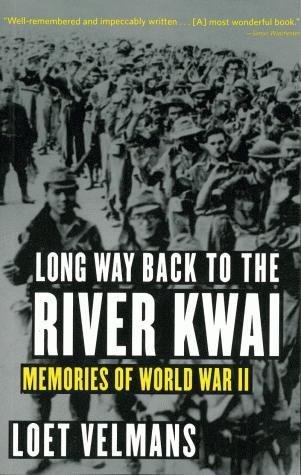
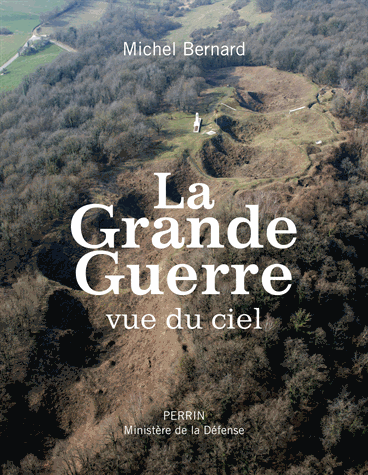
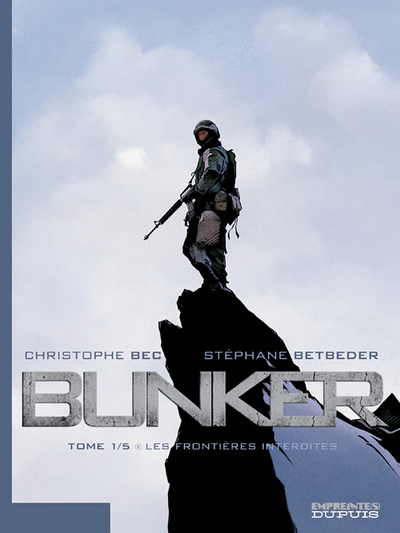
.jpg/200px-EmpireOfTheSun(1stEd).jpg)
